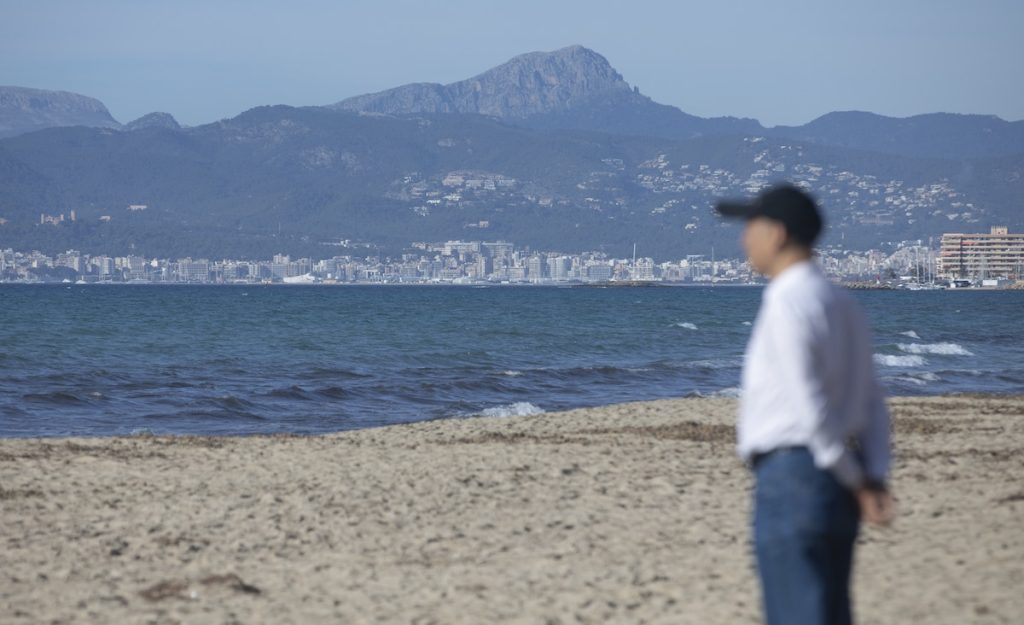Spain’s Ski Season Delayed Due to Record Heat
3 min read
A sunny day on Arenal Beach in Mallorca, Spain with a record temperature of 75°F on Dec. 11, 2023. Clara Margais / picture alliance via Getty Images
Why you can trust us
Founded in 2005 as an Ohio-based environmental newspaper, EcoWatch is a digital platform dedicated to publishing quality, science-based content on environmental issues, causes, and solutions.
Temperatures in Southern Spain’s Iberian Peninsula can range from upwards of a scorching 113 degrees Fahrenheit to a bitter minus 4, according to the World Bank. The average annual temperature in the region is from 64.4 to less than 36.5 degrees Fahrenheit.
In general, December is usually one of the coldest months in Spain, with an average high of 51.8 degrees Fahrenheit and an average nightly low of 42.8, the Thomas Cook travel agency said.
But this December has not been typical, with a hot air mass over the Iberian Peninsula bringing the mercury up to nearly 86 degrees Fahrenheit, frustrating the beginning of ski season in the popular vacation area, reported Reuters.
“It’s one of the warmest masses of air to have ever overflown Spain at this point in December,” said Ruben del Campo, a spokesperson for AEMET, the national weather agency, as Reuters reported.
Four heat waves plagued the country in 2023, its hottest year ever recorded. The continued heat in the south is forcing skiers to be patient close to the holidays.
Valencia, on the Mediterranean coast, recorded a temperature of at least 80.6 degrees Fahrenheit, two degrees Celsius warmer than the previous December record.
Ski slopes that are normally gleaming in white snow this time of year look more like those of a pastoral spring day.
“It’s a terrifying feeling because this should really be covered in snow or frozen over, but instead it’s green and lush for this time of the year,” Tania, a 32-year-old marine biologist, told Reuters at the popular Navacerrada ski resort outside of Madrid.
Del Campo said the unusual end-of-the-year heat did not bode well for the ski season, especially since not much rainfall was predicted before the end of February. The lack of predicted rain and snowfall also puts the water supply at risk for spring and summer.
“Spain is looking at the hottest December since at least 1940,” news agency Murcia Today said.
AEMET’s forecast called for cooler temperatures brought by air from higher elevations later in the week, reported Reuters.
According to Vicente Solsona, a retired university professor from the eastern Spanish province of Castellón, at least 3.3 feet of snow should have accumulated at Navacerrada by now.
Many scientists have attributed the prevalence of heat waves in recent years to the global rise in temperatures associated with human-caused climate change.
“We’re calmly destroying everything,” Solsona said, as Reuters reported.
Subscribe to get exclusive updates in our daily newsletter!
By signing up, you agree to the Terms of Use and Privacy Policy & to receive electronic communications from EcoWatch Media Group, which may include marketing promotions, advertisements and sponsored content.





